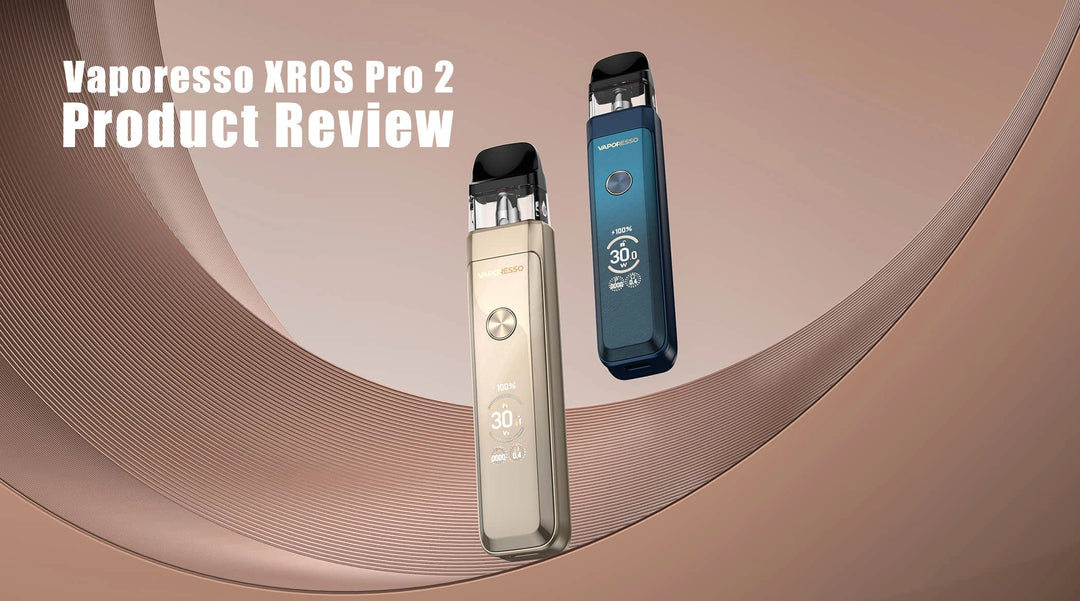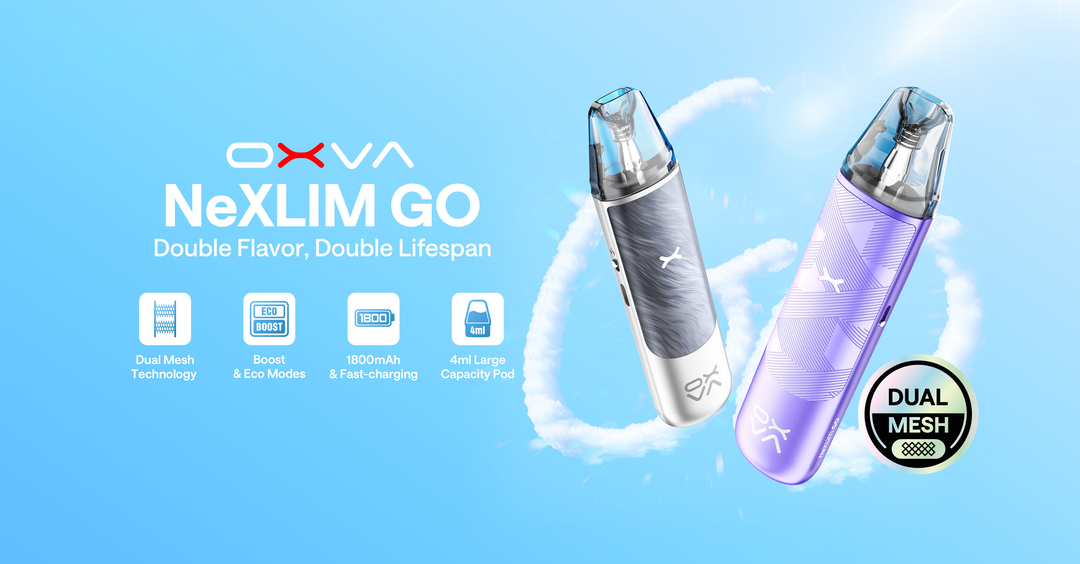Broad Spectrum vs Isolate CBD
CBD Isolate vs Broad Spectrum CBD: Understanding Their Differences
When exploring options for CBD products, you may encounter terms such as CBD isolate and broad-spectrum CBD. These terms define the types of CBD extracts that can be found in various products. CBD isolate is the purest form of CBD, containing no other cannabinoids or compounds found in the cannabis plant. If you seek a product with exclusively CBD and no other plant constituents, CBD isolate might be your preferred choice.
On the other hand, broad-spectrum CBD contains an array of beneficial cannabinoids in addition to CBD. Still, it is typically free of THC, the psychoactive component often associated with cannabis. The presence of these additional cannabinoids and terpenes could potentially enhance the therapeutic effects through what is known as the entourage effect, where the combined action of cannabis compounds is believed to produce superior benefits compared to CBD in isolation.
While full-spectrum CBD also includes an assortment of cannabinoids and terpenes, it differs from broad-spectrum as it contains trace amounts of THC. Deciding between broad-spectrum and CBD isolate therefore depends on your preference for added cannabinoids without THC, or a desire for the singular effects of pure CBD. It's important to consider your individual needs and consult with a healthcare professional when selecting the product that is right for you.
Understanding CBD Isolate and Broad-Spectrum CBD

When you're exploring the world of cannabidiol (CBD), you'll encounter various terms, primarily CBD isolate and broad-spectrum CBD. Both terms describe the type of CBD contained within a product and can influence its effects and applications.
CBD isolate is the purest form of CBD, devoid of any other cannabis plant compounds. It is obtained through a process that removes all cannabinoids, terpenes, flavonoids, and other hemp extract components, leaving behind only cannabidiol.
-
Key characteristics:
- Contains solely CBD
- No THC content
- Neutral flavour
In contrast, broad-spectrum CBD is more encompassing. It includes a range of cannabinoids, terpenes, and flavonoids which are naturally occurring in the hemp plant. However, it does not contain THC, the psychoactive component typically found in cannabis.
-
Key components:
- Multiple cannabinoids (excluding THC)
- Terpenes
- Flavonoids
Here’s a quick comparison:
| Aspect | CBD Isolate | Broad-Spectrum CBD |
|---|---|---|
| Cannabinoids | CBD only | CBD + others |
| THC | 0% | 0% (non-detectable) |
| Terpenes | Not present | Present |
| Flavonoids | Not present | Present |
| Entourage Effect | Absent | Possible |
| Taste | Neutral | Variable |
It is suggested that the presence of multiple plant compounds in broad-spectrum CBD could produce an "entourage effect," where the compounds work synergistically to enhance the overall benefits of the hemp extract. This effect is absent in CBD isolate, which strictly provides the benefits of CBD without the influence of other cannabis plant compounds.
Extraction Processes and Purity

When you're selecting CBD products, understanding the extraction process used to create them is crucial for gauging their purity and potency.
CBD Isolate Extraction
CBD Isolate refers to the purest form of CBD that does not contain any other cannabinoids or compounds found in the hemp plant. The extraction process typically involves:
-
CO2 Extraction: By utilising CO2 under high pressure and low temperatures, CBD is isolated from the hemp with precision, ensuring high purity without residue.
-
Ethanol Extraction: This solvent extraction method uses ethanol to separate CBD from hemp. It is a cost-effective method that ensures a high degree of purity when properly filtered.
Both techniques yield CBD isolate in a crystalline form, which is then powdered for use in various products.
Broad-Spectrum CBD Extraction
Broad-Spectrum CBD maintains the presence of various cannabinoids and compounds, excluding THC (tetrahydrocannabinol). The methodologies are similar but with an additional step:
-
CO2 Extraction or Ethanol Extraction: Initially, the same procedures as CBD isolate are used to extract a full spectrum of hemp compounds.
-
Additional Filtration: Following the initial extraction, a further purification process is employed to remove all THC traces while retaining other cannabinoids and terpenes.
-
Chromatography: This technique is sometimes used to enhance the purity of the broad-spectrum CBD, ensuring that it is THC-free.
In both instances, the final product's purity relies on the meticulousness of the extraction and filtration processes. Steam distillation and lipid extraction are alternative methods used but are generally less common due to their lower efficiency and potency outcomes.
Effects and Benefits

When evaluating CBD products, you'll encounter terms like CBD isolate and broad-spectrum. Each type offers unique benefits, with CBD isolate providing pure cannabidiol's effects and broad-spectrum offering added benefits from other cannabis compounds through the entourage effect.
Therapeutic Potential of CBD Isolate
CBD isolate is the purest form of cannabidiol (CBD), free from other cannabinoids, terpenes, and flavonoids. This makes it a compelling choice if you require high doses for conditions such as severe pain or anxiety. Its purity also means that CBD isolate has less taste and odour, which might be preferable if you are sensitive to the earthy flavours of hemp. There's growing evidence that CBD isolate interacts with your endocannabinoid system, which could potentially alleviate seizures and reduce inflammation.
Entourage Effect in Broad-Spectrum CBD
Broad-spectrum CBD contains multiple cannabis plant compounds but typically remains THC-free. It leverages the entourage effect, a phenomenon suggesting that CBD's health benefits may be enhanced when combined with other cannabinoids and terpenes. For example, if you're dealing with chronic pain or inflammation, broad-spectrum CBD might provide more comprehensive relief than CBD isolate, as the various components work together to impact the endocannabinoid system more effectively. While the full scope of the entourage effect is still under investigation, preliminary findings support its potential to improve therapeutic outcomes for various conditions.
Considerations for Use

When selecting between CBD isolate and broad-spectrum CBD, it's vital to consider the potential implications for drug testing and to ensure the product's legal status and compliance with regulations.
Drug Testing Scenarios
If you are subject to routine drug tests, bear in mind that broad-spectrum CBD products are formulated without THC, the psychoactive component of cannabis that most drug tests screen for. Nonetheless, trace amounts of THC might still be present, which could potentially trigger a positive result on a very sensitive drug test. To be certain that your CBD product does not contain THC, opt for CBD isolate, which is 99% pure CBD.
To further ensure safety in drug testing scenarios, always look for products that offer a certificate of analysis (COA) from a third-party lab. This certificate should confirm the absence of THC in your product.
Choosing Between CBD Isolate and Broad-Spectrum

When selecting CBD products, your choice often boils down to CBD isolate and broad-spectrum options. Understanding the composition and benefits of each can help you make an informed decision suited to your needs.
Consumer Preferences
- Taste: Broad-spectrum CBD may have a more pronounced taste due to the presence of terpenes and flavonoids, whereas CBD isolate is tasteless, which might be preferable for those sensitive to herbal flavours.
- Experience: If you're interested in the entourage effect, which suggests that cannabis compounds work better together, you might lean towards broad-spectrum products. For users that require or prefer no presence of THC, CBD isolate is the most suitable choice.
Quality Assurance and Safety Measures

When selecting CBD isolate or broad-spectrum CBD, you must consider the quality assurance and safety measures taken by manufacturers.
Third-party testing is a crucial factor in ensuring the safety and efficacy of CBD products. Reputable companies will have their products tested by independent laboratories to verify that they are free from heavy metals, pesticides, herbicides, and moulds. These tests should also confirm the levels of cannabinoids and check for the presence of THC.
- It's essential to review the Certificate of Analysis (CoA) for each product, which provides a detailed breakdown of chemical contents and verifies that the product meets specific efficacy standards.
- High-quality CBD should come from organic sources, minimising your exposure to unwanted chemicals.
In terms of health claims and scientific evidence, no CBD product should make unproven assertions about its benefits. You should look for products backed by industry best practices and those with a trusted brand reputation.
Phytocannabinoids present in broad-spectrum formulations, excluding THC, are believed to offer an enhanced effect due to the entourage effect, but remember the scientific community has not confirmed many of the health benefits.
Always opt for trusted products with user trust and verify the brand reputation through customer reviews and industry accolades.
Avoid products that do not have transparent safety measures and always ensure your chosen CBD is compliant with current regulations.





